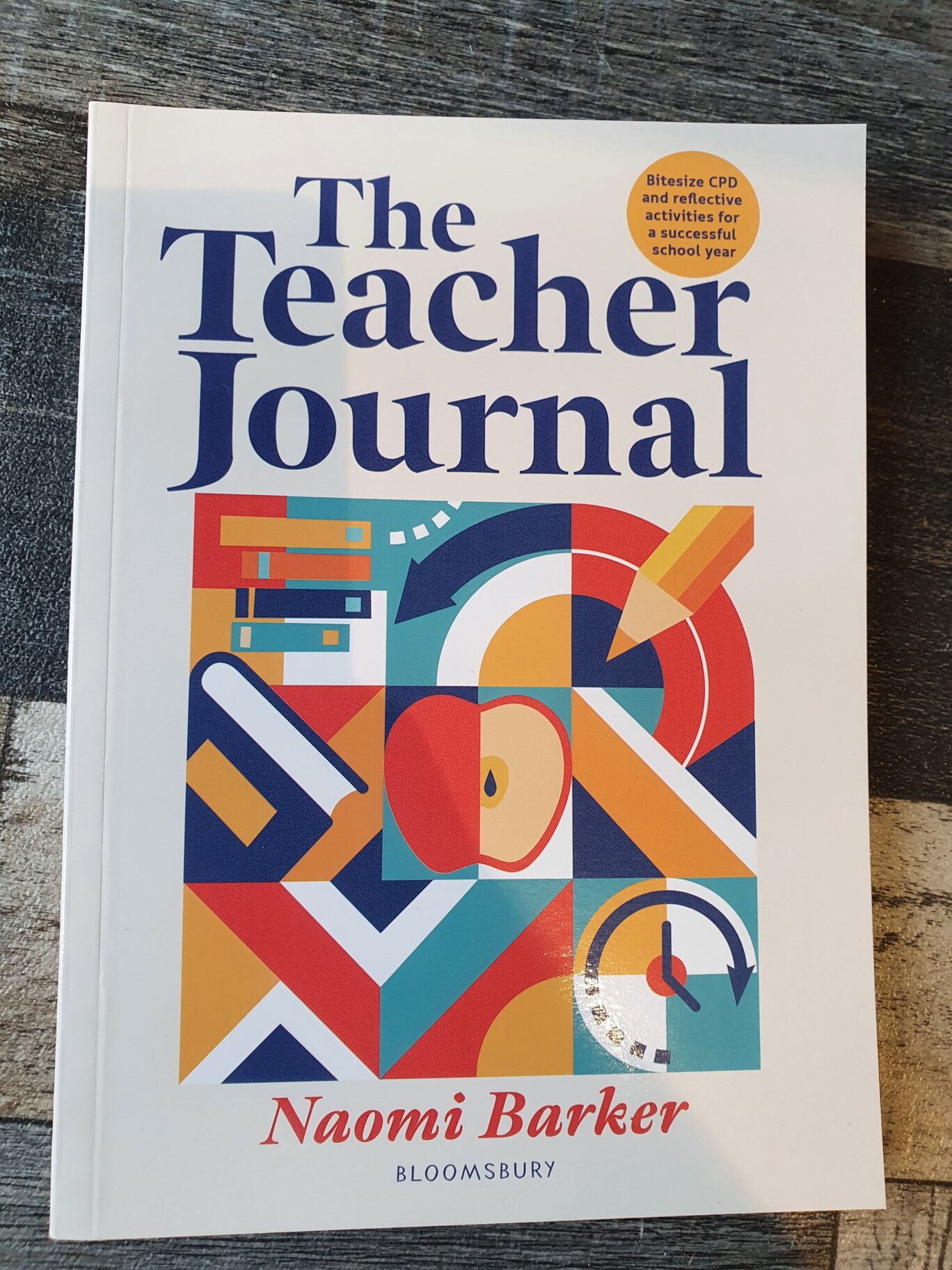


It has been a significant period since I completed my teacher training and started what was then termed my ‘NQT’ year. Yet so memorable is that time, that every academic year at the beginning of September as I experience the range of emotions it brings, I think of those starting the profession and the unique position it holds. The excitement of returning to work after what has been a relaxing summer holidays paired with the anticipation of a new term and what it brings. For me, these feelings were even more pronounced as an NQT and it is interesting to reflect on why.
The achievement of completing the training year and securing a job is huge and should be rightly celebrated. Now is hopefully the start of a long-standing profession and the opportunity to establish your practice as a qualified teacher. This is also the opportunity to have full responsibility for your classes beyond the confines of a training placement. However, understandably it is this very responsibility that can also cause some anxiety. I remember the ‘what ifs’ which went through my head, the realisation that for many lessons, there would be no other adult in the classroom with me, with the rising panic at the volume of planning I saw myself having to complete all paired with a sense of guilt that I wasn’t feeling completely positive about the start of my new job I had worked so hard to get to.
In hindsight, I could have reassured myself not to worry on any of these points. Firstly, to have known that there is no ‘right’ way to feel, and that having a range of mixed emotions is perfectly normal. Secondly, to have considered the support network which was available to me both in and outside of school.
An ECT starting now, will have plenty of assistance – primarily your mentor, induction tutor and Head of Department but more broadly your departmental and pastoral colleagues. Now that you have finished your training, you are not expected to go alone, but rather to remain supported in your continued growth as a practitioner (a longstanding journey for the reflective professional). This means that there are always systems and processes in place so that whilst you might be alone in the classroom, you are not on your own with dealing with any particular issue which occurs, and you need support with. Furthermore, don’t be afraid to ask questions or to seek guidance from this school support network – however busy people are, teachers are always working collaboratively with colleagues and indeed having the opportunity to reflect on best practice is of benefit to both parties. For example, rather than spending hours re-planning resources, instead speak to a colleague about common misconceptions they have encountered when teaching a particular unit and then seek to address these through explicit teaching and modelling. This is not only more time efficient it is also more effective at prioritising and meeting learning needs. Remember – asking for help is always viewed as a strength so don’t be afraid to reach out when required. No-one has all the answers in teaching – there is always room for growth – so don’t feel intimidated by more experienced colleagues but rather recognise that they are an invaluable source of knowledge to help you move forward with your own practice.
Equally important is your support network outside of school. This might be friends, family, a partner – anyone who is available to help care for your wellbeing. This could be in a range of ways, such as being a listening ear or ensuring you take a break from work. Reflecting now on who that might include can provide a further source of comfort at the beginning of the new term.
So, at the start of this academic year, take confidence in the support network you have available to you – everyone is there to help you grow in the profession. Manage the start of term at your own pace and don’t hesitate to reach out and ask questions you need. What do I wish I could advise my younger self just starting back? As I look back now, I would have told myself how much I would enjoy it, that the daily challenges the job brings are what makes it so exciting and how working with young people and school staff continues to remain the greatest privilege. To all the ECTs starting out, take stock of how much you have already achieved and look forward to how much more you still can achieve. Don’t put pressure on yourself, use the support that is available and above all, enjoy one of the greatest jobs there is.
Naomi’s book is out now. The Teacher Journal is the ultimate ‘What I wish I’d had’ toolkit to help ECTs create the strong foundations needed to succeed in their careers while maintaining self-care.

This hybrid journal is full of opportunities for PD, practical information, and anecdotes. It’s perfect to use around a busy work schedule (the content is divided to reflect each school term) and helps ECTs to self-reflect and prioritise their wellbeing to increase job satisfaction while avoiding burnout. There is also space to track and record appraisal targets and evidence for reviews and assessment.